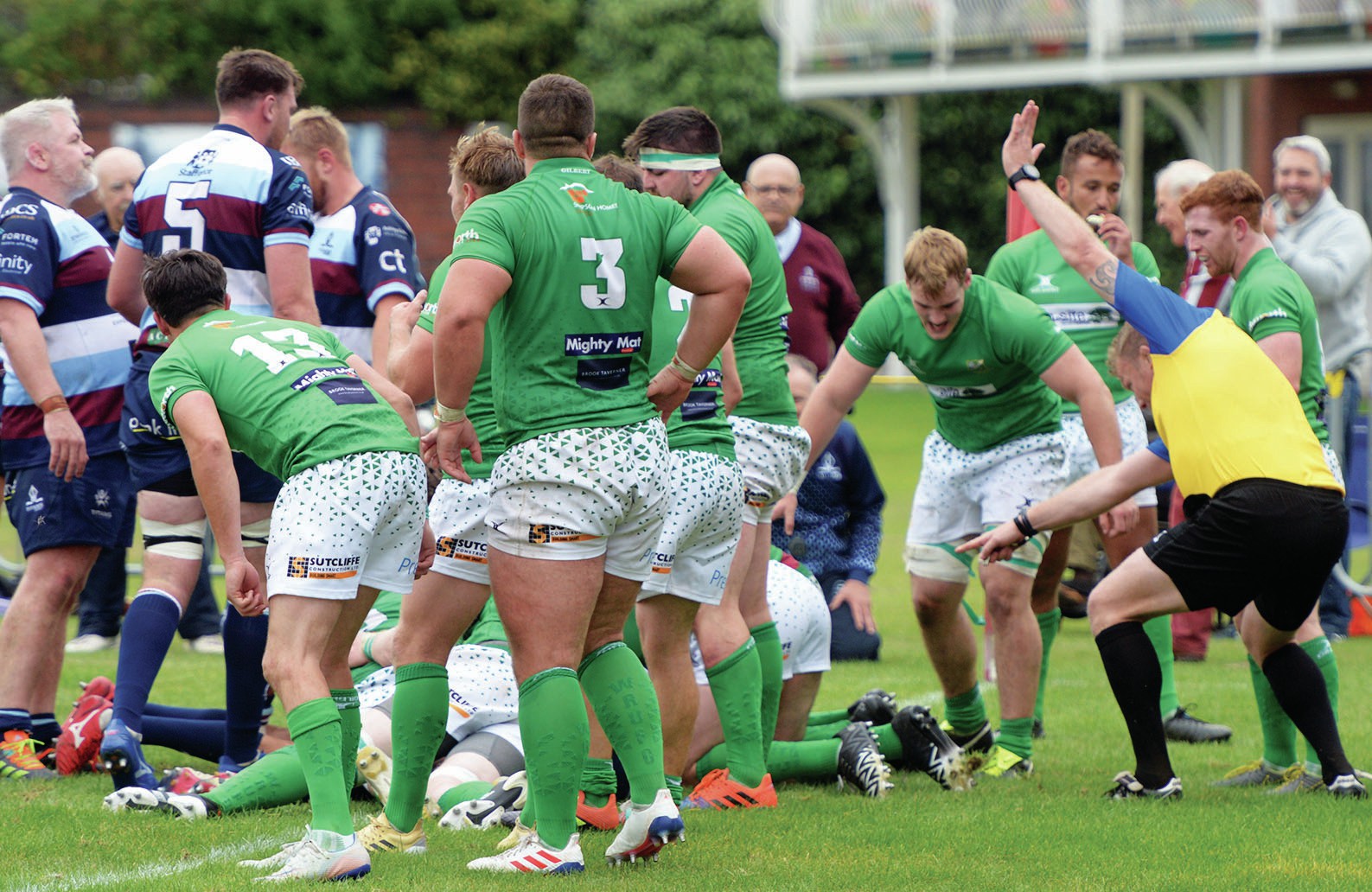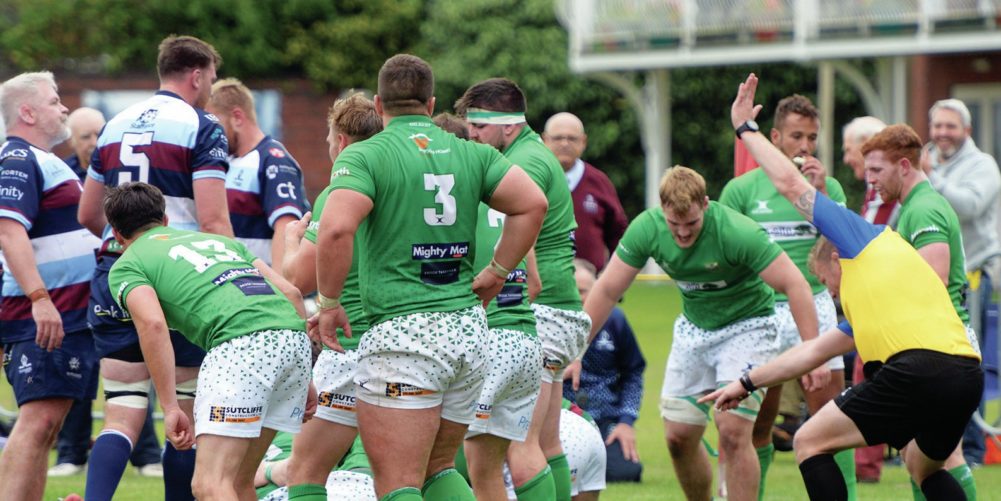JEFF PROBYN
A FRONT ROW VIEW OF THE GAME

Iread an interesting piece in a paper this week by Emma John which was essentially about cricket but seemed to ask a question that all the rugby community really want to know the answer to.
It's a question that has been asked many times and in many ways but has never had a definitive answer and the question is: “Is more less or is less more?”
This can be applied to many aspects of the game, from playing to administration and yet the answers may be very different in each situation the question is asked.
Is it better to play more games or fewer and is the answer different for club or country? Both would probably argue for greater exposure at the expense of the other.
Clubs argue that the loss of their star players has a detrimental effect on their earning potential, while the Unions argue (with some justification) that it is only the international games that generate enough money to keep the game alive.
Nowadays in the Home Unions there are roughly a maximum of 11 internationals games in an average season. Five Six Nations games, up to four Autumn Internationals and a couple of tour matches at the end of the season is about all each of the Home Unions manage.
There is the four-yearly cycle that sees the Lions (with a few players from all Home Unions) fitting neatly between the World Cups.
As a result, there has been a call for fewer internationals to allow clubs more access to their players and attract bigger crowds and raise more money for themselves.
However, the Premiership clubs are already potentially averaging around 39 games a season with league and cup games, although not all games will include their ‘star' players unless none of them are EQP's.
The addition of more clubs to the various leagues will inevitably increase the number of club games in the season just at a time when current player welfare suggests it would be better to reduce games and include breaks in the season.
Even so, it is highly unlikely they will get the rise in support that's needed to break even, particularly as they are paying wages to all coaches, administrators and players far in excess of what the game can afford.
Then there have been the continual efforts made by the governing bodies to make the game more attractive by trying things like creating more ‘ball in play time' during games.
Which, rather than helping encourage an open flowing game, has just increasedthe number of breaks where the match clock is stopped,increasing the time it takes to complete a game from 80 minutes to as much as two hours.
Administration has seen a massive rise in the number of employees in Unions and professional clubs, doing the work that once was done by a few unpaid volunteers and yet the management of the game seems less professional than it was. gration with the rest of the game.

These constant efforts to grow the sport has had the reverse effect by taking the game away from the players and as Ms John said, “The intervention of private capital, such as that of the equity firms now invested across the game, from England's Premiership to the New Zealand team, can only accelerate the process, as return on investment becomes a higher priority than
Currently the administrators of the professional club game (PRL) seem to ignore the needs of the grassroots foundation of the game, while doing all in their power to isolate their clubs from any form of intethose who play the game.”
She concluded by saying, “It would be nice if, just once, the people who run these sports could take a step back from their commercial backgrounds and see our favourite sport as the rest of us see it – something to be enjoyed by whoever likes it at the time, something that doesn't need to be loved by everyone or to be ‘mainstream' in every nation. A game that was invented for leisure, pleasure and recreation, not a product to be sold and marketed incessantly, to bolster a bottom line and justify its executives' bonuses.”
Sadly, chasing the money rather than the ball seems to be what rugby has become, a game where all that matters is the numbers and not the players.
It remains a fact, that no matter what the Unions say, adult participation has declined since the game went professional as not enough has been done to encourage amateur players to stay in the game.



























